Breaking opiate and heroin addiction is difficult. While there are many treatment methods available today, most approaches lack effectiveness.
Today, most non-prescription heroin and opiate drugs contain fentanyl, a stronger and deadlier version of these drugs, further complicating the problem.
Ibogaine treatment for heroin and opiate addiction is a novel approach more recently discovered. Because of its unique characteristics, ibogaine shows promise for those suffering from these addictions.
In this article, we explore ibogaine treatment for opiate and heroin addiction. We will start with a brief overview of these addictions, then look at how ibogaine works as a treatment. We will finish with a look into the scientific research conducted until today.

Opiate and Heroin Addiction

Opioids are a class of drugs originally derived from the opium poppy known for their ability to relieve pain. Many drugs fall into this category, including heroin, fentanyl, morphine, codeine, oxycodone, hydrocodone, and other prescription drugs.
These drugs are highly addictive, and dependency potentially develops with just a few weeks of sustained use.
Once addicted to these drugs, it is difficult to get free as severe withdrawal symptoms last days, even weeks.
Opiates in the USA

The United States is one of the largest consumers of opioids in the world. In 2018, nearly 5% of US residents said they abused or were addicted to opiates.
Compared to other illicit drugs, opiates have the highest overdose and death rates. And with fentanyl on the rise–an opiate that is 50-100 times stronger than heroin–the problem continues to grow.
When it comes to quitting, opiates have a 91% relapse rate. The high relapse rate of opiates demonstrates how difficult the addiction is to break.
Traditional Treatment Methods
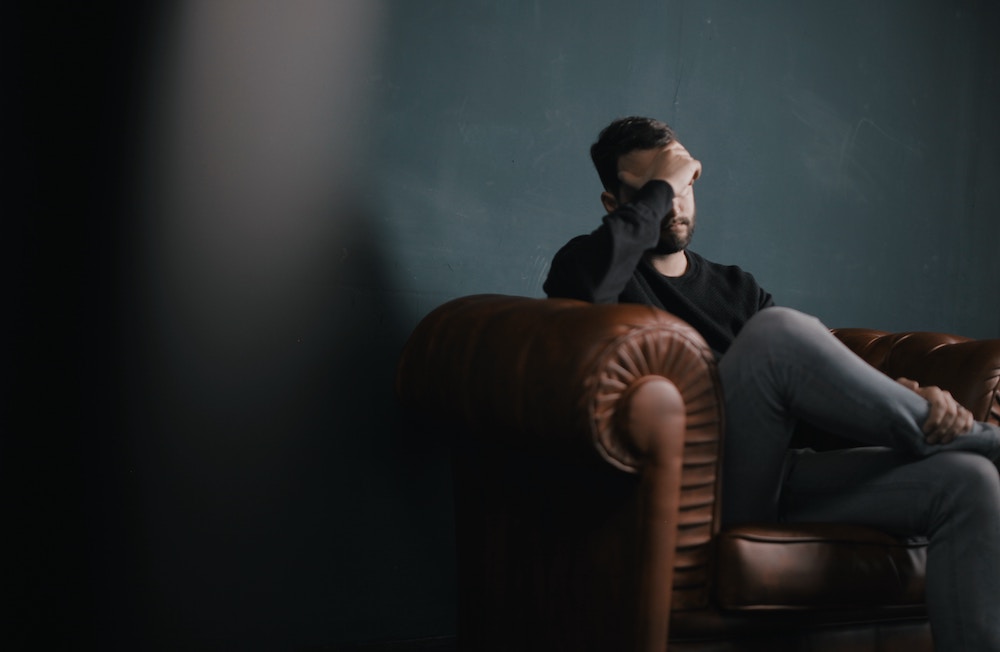
The problem is, traditional treatments, like narcotics anonymous and alcoholics anonymous, have a 5-10% success rate. This shows how ineffective they are at addressing the opioid problem plaguing the United States and the world.
Other methods involve switching short-acting opiates for long-acting opiates like Suboxone or methadone. However, these drugs are often abused and become replacement addictions instead of a solution.
For this reason, many of those struggling turn to new treatment methods after traditional methods fail them.
The ibogaine treatment method is entirely different compared to traditional approaches. Its unique mechanism of action targets the brain and helps eliminate most withdrawal symptoms with one dose.
This action makes ibogaine an effective and promising treatment for opiate and heroin addiction.
Ibogaine and Opioid Treatment
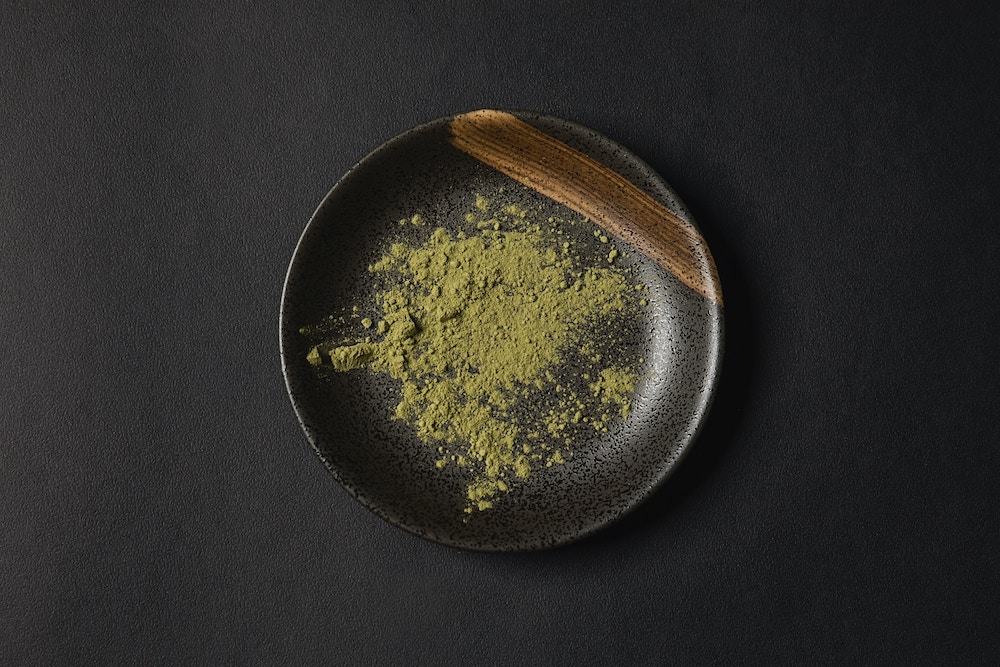
Ibogaine is a psychedelic drug extracted from the iboga plant–a shrub native to Central Africa. For centuries African tribes used ibogaine for its social, spiritual, and healing benefits.
In the 1960s, researchers found that ibogaine positively affected those struggling with addiction. Further studies showed ibogaine’s incredible effectiveness–studies that continue to be performed today.
Ibogaine treats addiction in a few distinct ways. First, ibogaine works in the physical body and brain to address areas affected by opiate addiction and dependence. Secondarily, the psychedelic experience helps address trauma and gives the individual motivation and meaning.
Let’s look at dependence and how ibogaine works physically to address withdrawal symptoms.
Physical Treatment for Dependence
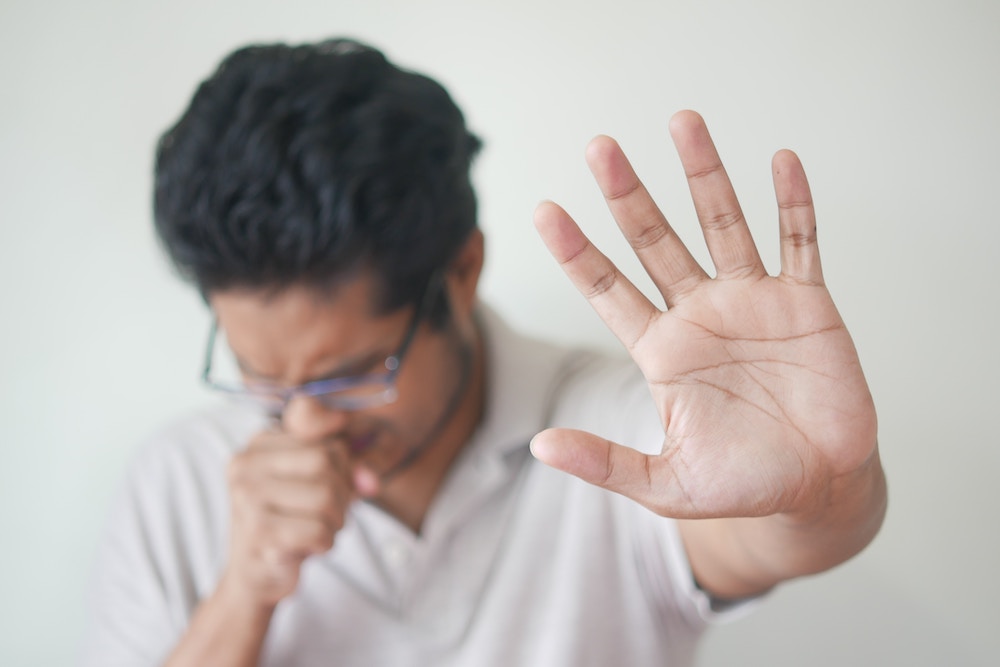
Dependence is a physical state wherein the brain cannot function properly without continual substance use.
After a few weeks of opiate or heroin use, dependence sets in. And once the individual is dependent, breaking free is extremely difficult.
Ibogaine works specifically in the areas of the brain responsible for dependence and addiction. It does this in three ways.
- First, ibogaine addresses withdrawal symptoms in areas of the brain responsible for opiate and heroin addiction.
- Secondly, it promotes a positive mood by increasing available serotonin levels.
- Lastly, through neuroplasticity, ibogaine breaks down pathways in the brain created through drug use and helps form new ones.
Ibogaine and Opiate Withdrawals
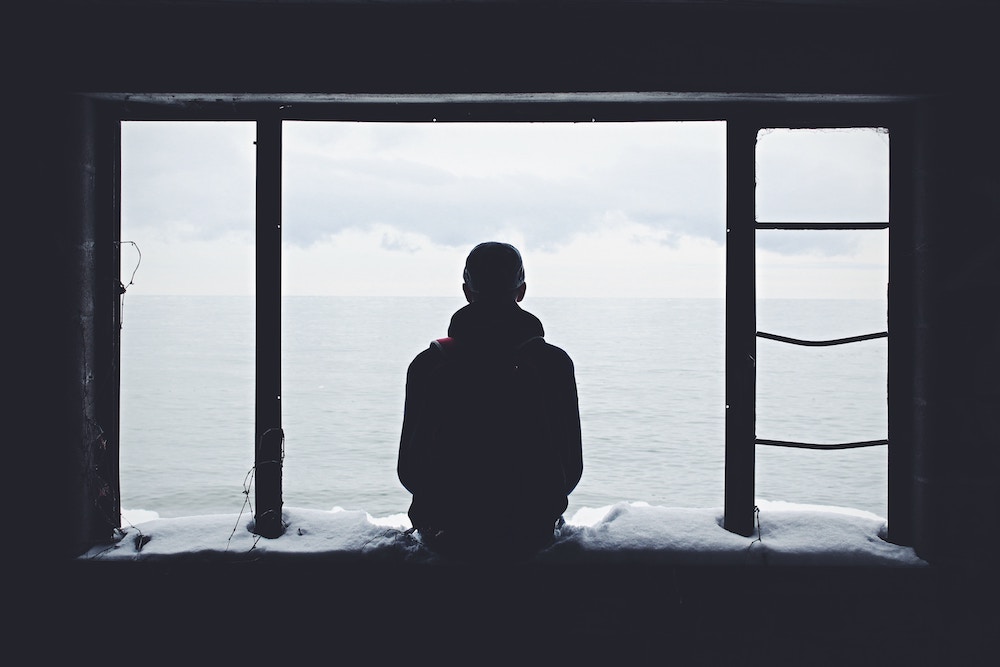
The first mechanism of action of ibogaine is directly related to heroin and opiate addiction. Ibogaine targets receptors in the brain specific to these addictions.
When using opiates, these drugs bind to receptors causing feelings of pleasure.
As the individual continues to use drugs, these receptors become damaged and unable to accept the body’s naturally produced chemicals.
When the individual stops using the drug, withdrawals set in. It takes time for the body to heal and regrow neurons for proper function.
Ibogaine works differently. It specifically targets neurons damaged by opiates and heroin.
Ibogaine binds to these same receptors and heals them, while also promoting the growth of new neurons. This quickly normalizes the brain to its pre-addicted state, without the harsh withdrawal symptoms.
Ibogaine is then metabolized, or converted, into noribogaine, which stays in the body for weeks after the initial dose. Noribogaine reduces cravings over a long period, working on these same opiate receptors.
In this way, ibogaine acts as a natural form of methadone–reducing withdrawal and lowering the body’s natural cravings for opiates.
One study on ibogaine states, “Signs of withdrawal are typically absent following treatment.”
Ibogaine’s ability to target opioid receptors and withdrawal symptoms makes it more effective as a treatment compared to traditional methods.
But that’s not the only positive effect ibogaine offers. It also works specifically to improve mood and eliminate withdrawal-associated depression.
Ibogaine and Mood

Serotonin is a neurotransmitter responsible for regulation, mood, appetite, and other important mental and physical functions.
One of the adverse effects of addiction is that opiates elevate serotonin levels in the body.
When an individual stops using opiates, serotonin levels drop significantly, and normal feelings like pleasure and happiness disappear.
It takes a long time for the body to return to normal. During this time, the individual experiences significant levels of depression, anxiety, and pain.
Ibogaine works as a natural antidepressant. It blocks the reuptake, or absorption, of these neurotransmitters back into the body. The effect keeps available neurotransmitters active, allowing them to continue working.
Because of this, the individual feels normalized while quitting drugs. They feel happier and more motivated, giving the individual a higher potential success rate when compared to traditional methods.
Ibogaine and Habits

Ibogaine addresses previous patterns and habits by targeting neural pathways in the brain.
As an individual repeats an activity, it becomes ingrained. Neural pathways form that make it easier to perform regular, everyday tasks.
With opiate addiction, this reinforcement pattern becomes negative. The habits and neural pathways established support the continued use of opiates.
To combat this, ibogaine promotes neuroplasticity in the brain. Ibogaine disrupts old habit pathways and helps create new ones.
The neuroplastic effect helps the individual feel renewed and reset after taking ibogaine. Ibogaine primes the brain to easily change daily habits, thus reducing signals and triggers typically present when trying to quit opiates.
The individual is positioned to make lasting, positive changes after one dose of ibogaine. They get the chance to create new habits, much quicker than traditional approaches.
The overall physical healing from ibogaine makes overcoming addiction much more manageable. However, this is not the only benefit of ibogaine for opiate and heroin addiction. Ibogaine also works on the mental and spiritual level, through the psychedelic experience, to help those getting off these drugs.
The Psychedelic Experience
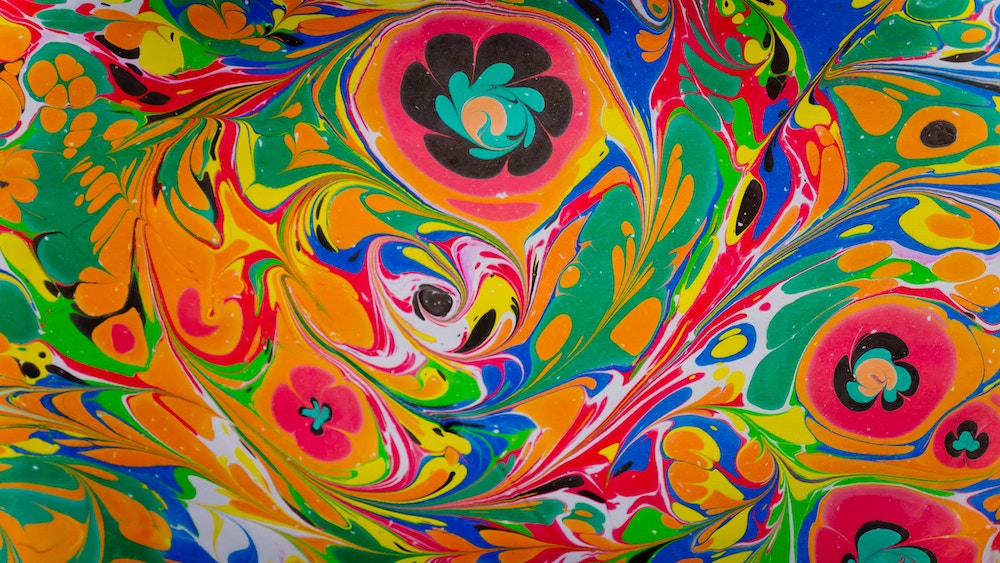
Ibogaine is a psychoactive drug. As such, the experience from ibogaine can be intense. Yet, it provides benefits not found in other traditional treatments.
Though addiction is physical in nature, there is a mental and spiritual aspect that makes overcoming addiction difficult.
Negative feelings of self-worth, past trauma, and lack of enthusiasm about life can lead to addiction.
Once gripped in addiction, these feelings are magnified, making the addiction even more powerful. As the feelings compound, overcoming addiction becomes even more difficult.
Mental Trauma and Healing

Renowned addiction expert Gabor Mate says, “A hurt is at the centre of all addictive behaviours. The effects of early stress or adverse experiences directly shape both the psychology and the neurobiology of addiction in the brain.”
Trauma is not always what we think it is. Often, trauma is associated with specific, intense experiences.
But it can simply be childhood stress or other negative feelings experienced in a person’s life. We may not even be aware of it.
When trauma creates negative feelings about ourselves and our self-worth, it can lead to addiction.
Ibogaine addresses this trauma through the psychedelic experience. Often, during the intense experience, individuals see pieces of their past and receive a new perspective on their feelings, thoughts, and behaviors.
After the shock to the system, daily routine and habits, like drug addiction, seem unimportant. Things like life, the world, family, and friends feel rare and beautiful.
All of this provides clarity about the past and present. Sometimes the psychedelic experience is enough for the individual to heal. Other times, there is more work to be done. However, the experience provides direction on where to start.
Spiritual Insight

Beyond mental healing, there is a spiritual aspect to psychedelics like ibogaine that helps an individual change.
Spirituality is a feeling that life has meaning, or that we are all a part of something greater than ourselves.
Addiction often leads to negative internal feelings, like a nihilistic perspective on life and the self.
By contrast, the psychedelic experience is positive and awe-inspiring. Ego-dissolution creates feelings of being dissolved into the universe.
The experience provides profound feelings about life and purpose–recognizing how remarkable life is.
This spiritual insight positively affects the outlook and behavior of those struggling with opiate and heroin addiction. It can help them move forward in a meaningful way.
No other drug works like ibogaine. Its ability to change the physical brain while also helping to address trauma makes it a unique approach to treating addiction.
Studies and Success Rates

There are many studies on ibogaine as a treatment for opiate and heroin addiction. Let’s look at some of these studies, the outcomes, and the success rates of ibogaine treatment.
Study #1 – Ibogaine Treatment Outcomes for Opioid Dependence
This study focused on patients who previously used traditional treatment methods without success. The group had an average of 4.7 treatment attempts each.
Patients showed a significant reduction in withdrawal symptoms and a meaningful reduction in overall drug use after 12 months.
The study concluded, “A single ibogaine treatment reduced opioid withdrawal symptoms and achieved opioid cessation or sustained reduced use in dependent individuals as measured over 12 months.”
Study #2 – Ibogaine Detoxification for Opiate Users
This study was conducted on cocaine and opiate users. Of the participants, 76% “reported blockade of opioid withdrawal symptoms and no further desire to take heroin in the days following treatment.”
Patients said their mood improved immediately after treatment.
The study continues:
“The results demonstrated beneficial after effects of ibogaine detoxification on drug cravings in opioid and cocaine dependent subjects reported at 1-month assessments. The results demonstrate that opioid and cocaine craving scores were significantly decreased across all subscales.”
Study #3 – Treatment of Opioid Use Disorder with Ibogaine
Lastly, during this study, patients on opiates had a 77% reduction in opiate cravings based on the SOWS score model.
50% of patients studied were clean 1-month after treatment.
A patient involved in the study is quoted as saying:
“You could safely say that iboga will give an opiate addict several months to a half a year of freedom from cravings and an expanded awareness. This gives the user a period of time in which to get his/her life together and learn to face things straightforwardly, directly and honestly. Iboga will not do the work for you. However, it will help you do your own work.”
These studies have helped researchers and scientists identify how ibogaine works and its effectiveness. In each of these studies, ibogaine showed promise as a treatment for opiate and heroin addiction and, in most cases, showed significantly higher treatment success rates than traditional treatment methods.
Dangers of Ibogaine Treatment

Ibogaine treatment is not without its potential dangers. These side effects of ibogaine can be dangerous, especially when taking ibogaine outside of a medical-centered ibogaine clinic.
There are three primary dangers associated with ibogaine treatment for addiction to heroin and opiates.
- Cardiac Issues–For those suffering from heart conditions, arrhythmia, or who have a history of heart surgery or heart attacks, ibogaine can be dangerous or even fatal.
- Drug Interactions–Ibogaine can not be taken with certain drugs in the system. Drugs like alcohol, methamphetamine, Suboxone, methadone, or cocaine can have dangerous interactions with ibogaine–causing potential adverse side effects.
- Fentanyl–Mixing ibogaine with fentanyl limits ibogaine’s effectiveness. In worst-case situations, this mix can be dangerous. Since most street drugs today are fentanyl-based, most heroin and opiate users need detoxification time before taking ibogaine.
These dangers must be taken into account before undergoing ibogaine treatment. Modern medical clinics that offer ibogaine do proper pre-screening and blood testing to reduce negative outcomes associated with ibogaine treatment for addiction.
With these precautions, the adverse outcomes from ibogaine are significantly reduced.
Can Ibogaine Help?
While there is no one treatment method for everyone, ibogaine is a powerful option for those dealing with heroin and opiate addiction. Compared to traditional methods, ibogaine offers a higher success rate for those with severe addiction.
No matter which path you choose, there is always hope. Everyone deserves a happy life free from addiction. Never give up.


